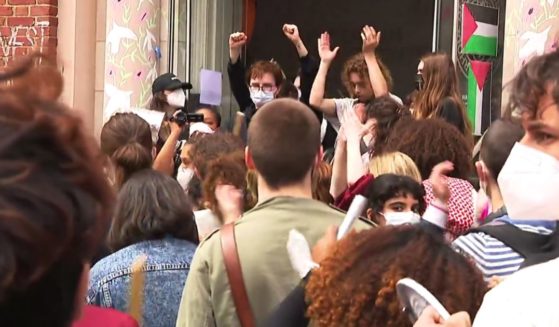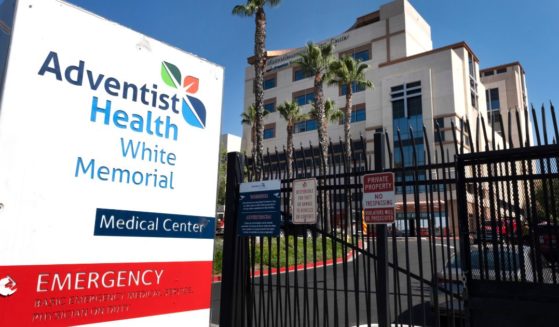Judge Changes His Mind After Giving Trump Permission to Speak During His Trial
Donald Trump won’t make his own closing argument in his New York civil business fraud trial after his lawyers objected to the judge’s insistence that the former president would stick to “relevant” matters.
Judge Arthur Engoron rescinded permission on Wednesday, a day ahead of closing arguments in the trial.
The trial could cost Trump hundreds of millions of dollars in penalties and strip him of his ability to do business in New York. His lawyers had signaled last week that he planned to take the extraordinary step of delivering a summation personally, in addition to arguments from his legal team.
Trump is a defendant in the case, brought by New York Attorney General Letitia James. She claims his net worth was inflated by billions of dollars on financial statements that helped him secure business loans and insurance.
The former president and current Republican 2024 front-runner denies any wrongdoing, and he has lambasted the case as a “hoax” and a political attack on him. James and the judge are Democrats.
It’s extremely unusual for people who have lawyers to give their own closing arguments. In an email exchange that happened over recent days and was filed in court Wednesday, Engoron initially approved the unusual request, saying he was “including to let everyone have his or her say.”
But he said Trump would have to limit his remarks to the boundaries that cover attorneys’ closing arguments: “commentary on the relevant, material facts that are in evidence, and application of the relevant law to those facts.”
He would not be allowed to introduce new evidence, “comment on irrelevant matters” or “deliver a campaign speech” — or impugn the judge, his staff, the attorney general, her lawyers or the court system, the judge wrote.
Trump attorney Christopher Kise responded that those limitations were “fraught with ambiguities, creating the substantial likelihood for misinterpretation or an unintended violation. Engoron said that they were ”reasonable, normal limits,” but Kise termed them “very unfair.”
“You are not allowing President Trump, who has been wrongfully demeaned and belittled by an out of control, politically motivated attorney general, to speak about the things that must be spoken about,” the attorney wrote.
After not hearing from Trump’s lawyers by a noon Wednesday deadline, Engoron wrote that he assumed Trump was not agreeing to the ground rules and therefore would not be speaking.
Taking on a role usually performed by an attorney is risky for any defendant. But Trump’s desire to speak in court was potentially even more precarious, as he has already run afoul of the judge over prior comments about the case.
Engoron imposed a limited gag order, barring all participants in the trial from commenting about court staffers, after Trump made a disparaging social media post about the judge’s law clerk on the second day of the trial in October. The post included a false insinuation about the clerk’s personal life.
The judge later fined Trump a total of $15,000, saying he’d repeatedly violated the order. Trump’s defense team is appealing it.
During the recent email exchange about Trump’s potential summation, Engoron warned Trump’s lawyers that if the former president violated the gag order, he’d be removed from the courtroom and fined at least $50,000.
Trump testified in the case in November, sparring verbally with the judge and state lawyers as he defended himself and his real estate empire. He considered but skipped a second round of testimony, during the portion of the trial when his own lawyers were calling witnesses. After teasing his return appearance, he changed course and said he had “nothing more to say.”
The Western Journal has reviewed this Associated Press story and may have altered it prior to publication to ensure that it meets our editorial standards.
Truth and Accuracy
We are committed to truth and accuracy in all of our journalism. Read our editorial standards.












